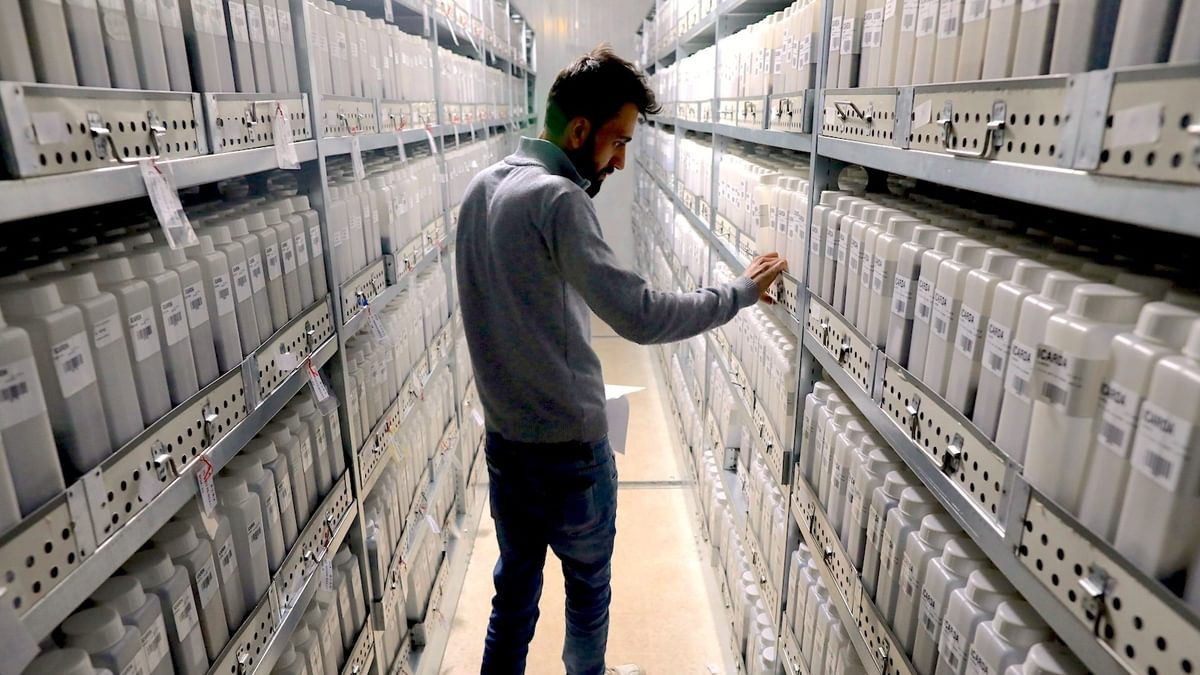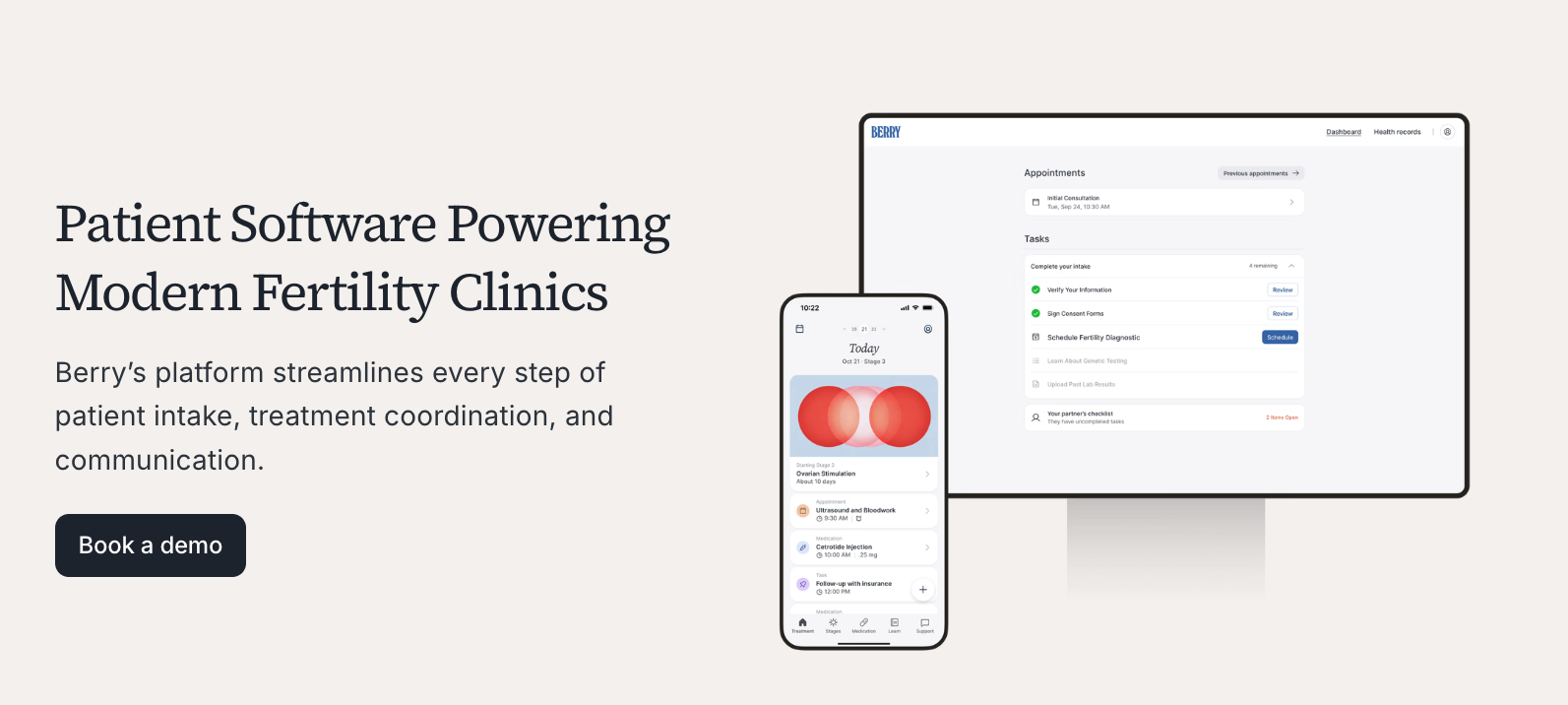Nearly 60% of Patients Support Use of AI if it Means More Face Time, ModMed Survey Reveals
What You Should Know: – A new study from healthcare technology leader ModMed reveals that while patients remain wary of artificial intelligence making clinical decisions, a majority are willing to embrace it in the exam room if it leads to more quality time with their doctor. – The survey of 2,000 U.S. patients benchmarks public ... Read More


What You Should Know:
– A new study from healthcare technology leader ModMed reveals that while patients remain wary of artificial intelligence making clinical decisions, a majority are willing to embrace it in the exam room if it leads to more quality time with their doctor.
– The survey of 2,000 U.S. patients benchmarks public sentiment and expectations for how AI is used in medical practices, offering a roadmap for how technology can be implemented to build trust and improve the patient experience.
– The findings show a significant shift in patient perspectives compared to a 2023 Pew Research Center survey, which found 60% of Americans were uncomfortable with providers relying on AI. ModMed’s new data indicates that over half of patients (57%) now support AI applications, such as ambient listening solutions, if it means more face-to-face interaction with their physician.
Trading AI for More Quality Time
The desire for more direct engagement with physicians is a key driver of patient acceptance of AI. The research highlights a common frustration:
- Three in four respondents (77%) said they spend less than 15 minutes with their physician in the exam room.
- Almost a third of those surveyed (28%) reported that their doctor spends 7-12 of those precious minutes focused on documentation during the visit.
A majority of patients (57%) now say they would prefer their physician to use AI for documentation if it results in more face time with them.
A Clear Line Between Administrative and Clinical AI
Patient comfort levels vary significantly depending on the AI application. While there is persistent discomfort with AI’s role in clinical decision-making, many patients are open to its use for administrative tasks.
- Administrative Support: Patients are receptive to AI helping with tasks like assisting with prescription refills (42%), appointment scheduling and reminders (35%), and patient check-in (31%).
- Clinical Decisions: A majority of patients (55%) remain uncomfortable with a doctor’s office using AI to make a diagnosis or formulate a treatment plan.
The Demand for Transparency and Governance
The survey makes it clear that patients expect to be kept in the loop when AI is involved in their care. This desire for transparency is a critical component for building trust.
- 81% of patients want to be told if their doctor’s office is using AI at all.
- 55% expect to be notified if AI is helping with their diagnosis or treatment.
- Nearly half (46%) want disclosure if AI is used for follow-ups like lab results.
- When it comes to how they are informed, 40% would prefer to hear about AI usage directly from their doctor or care team, while others prefer to sign a consent form (31%) or review information on the doctor’s website (27%).
Beyond transparency, patients want strong oversight. A significant 83% of respondents believe AI used for diagnosis and treatment should be required to meet safety and accuracy standards, and 72% feel it is important to know the source of an AI model’s training data.
Earning Trust with Financial AI Tools
Patient sentiment extends to the financial side of healthcare, where trust is paramount. About one-third of patients (34%) are uneasy with AI having access to their credit card information. However, a majority (57%) support using AI to speed up claims processing, and a smaller group (24%) would be comfortable with AI helping to appeal denied insurance claims.
“For too long, technology has put screens and paperwork between doctors and their patients,” said Dan Cane, co-founder and co-CEO of ModMed. “Our vision is to remove those barriers. This lets doctors and providers focus on patients, knowing intelligent systems work quietly in the background, anticipating needs and streamlining processes.






















































































































































